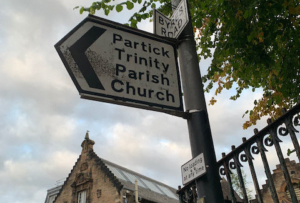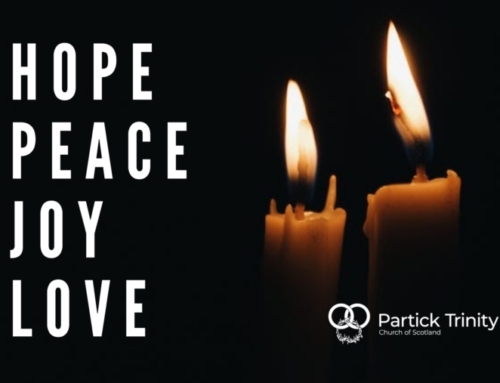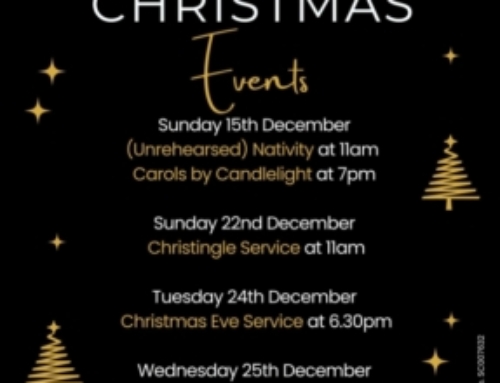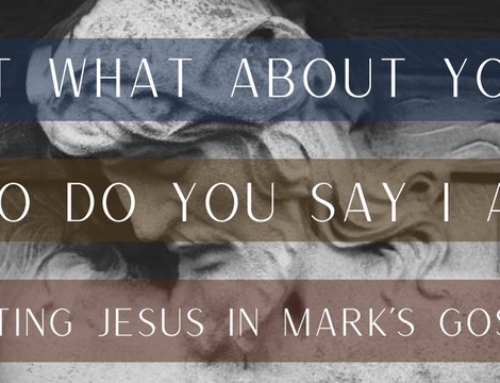Church Membership Explained
What is membership all about?
Church membership is open to all those who have been baptised (or would like to be) and are prepared to publicly profess their faith in Jesus. In practical terms, you are asked to make vows and your name is added to a formal document called the church roll. On a deeper level, underpinning our practice of welcoming and admitting individuals into membership is a profound spiritual truth: There is no such thing as a stand-alone Christian. Every Christian woman, man, or child is part of something bigger than themselves. One of the ways that the bible conveys this truth is through the image of a body. Paul writes to the Christians in Corinth:
Now you are the body of Christ, and each one of you is a part of it.
The language of membership is drawn from this image of a body (the origin of the word ‘member’ is the Latin word membrum, meaning: ‘limb’). A list of names on a membership role might not seem especially spiritual, but it is an attempt to take seriously our shared identity as set out by Paul in Ephesians 4:4-5:
There is one body and one Spirit, just as you were called to one hope when you were called; one Lord, one faith, one baptism; one God and Father of all, who is over all and through all and in all.
Joining the church is not how you become a Christian. Rather, joining the church is a way in which you proclaim your trust in Jesus and recognise your new identity in Him and as part of his Church. It’s an act of ‘nailing your colours to the mast’. Today, this kind of commitment is profoundly counter-cultural. One aspect of our increasingly secular age is the pressure to keep faith private. Faith is acutely personal: it touches our inner thoughts and feelings, hopes and fears, our identity and ambitions. But our faith in Christ is to find expression in the whole of our lives: public and private; Monday to Sunday; alone and with others. The route of divorcing your private and public self is taken by many in our society, but it is not open to followers of Jesus.
What commitments am I asked to make?
In joining the church, you are asked to respond to four simple questions with the words ‘I do’. The first question concerns your belief in God, your confession of Jesus Christ as your Saviour and Lord, and your commitment to meeting with other Christians to worship on a Sunday. The other three establish your commitment to bible reading and prayer, living and speaking for Jesus, and serving and supporting the work of the church in the world.
For some of you to take these vows would be to make a public commitment to what you are already doing (or trying to do!) as part of our church family. For others, it might involve a step towards a deeper commitment in terms of your personal devotional life, your giving or service in the life of the church.
Why should I bother with this? Is it not just a formality?
I once wrestled with these questions myself. I became a Christian many years before I felt any desire (far less a need) to join the church in a formal sense. Let me suggest four reasons, drawn from my personal experience, why I think membership is more than a formality and is actually very precious:
- It was a meaningful but unshowy way of expressing my private convictions in public.
- The act of publicly professing my faith in the presence of a family of believers who were committed to me, remembering me in prayer, and sharing their lives with me, was a profound experience.
- I came to discover how much of an encouragement it was for others in the church to see myself and others commit to Christ and to the church. It is humbling to think that your simple ‘I do’ might represent the happy answer to the prayers of someone else.
- A whole bundle of smaller and largely practical reasons. The Church of Scotland, of which we are a part, has built the concept of membership into all of its structures. Therefore, it is easier to participate in the wider life of our church if you have dotted the I’s and crossed the T’s. At a local level, it is easier for our elders and pastoral care team to identify and look after folk who are members.
I’d like to think about this some more, what should I do?
Please get in touch with Tim: in person, by email, or on the phone who would be very happy to chat about what this might mean for you.







